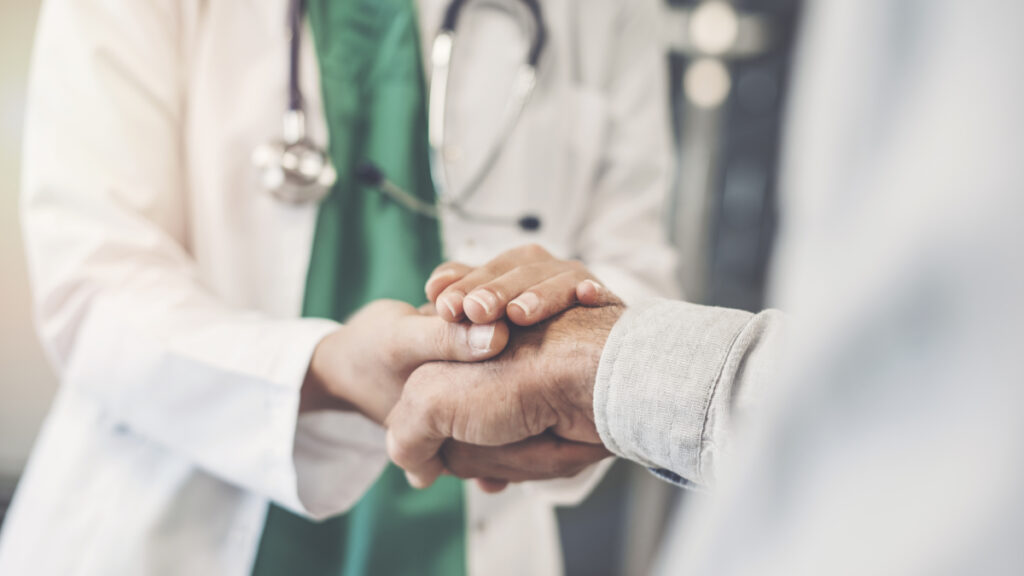Dangers of Drug Overdose
Overview
Over the past twenty years, over 900,000 people have lost their lives to drug overdose in the United States. In 2020, the United States reported approximately 92,000 deaths due to overdose. Out of those lives lost to drug overdose, seventy-five percent had opioids in their system. The opioid epidemic and the disease of addiction are claiming many lives all over the world. Education, understanding, prevention, and treatment are essential to combat this public health crisis. 1

Contact Profound Treatment to Learn More
Our team is standing by to discuss treatment options with you. Your call is completely confidential and no obligation is required.
What Is Drug Overdose?
What Does Overdosing Feel Like?
Causes of Overdosing
Signs and Symptoms of Drug Overdose
Factors Affecting The Symptoms
Commons Signs and Symptoms
Dangers of Drug Overdose
What Happens Inside The Body During An Overdose?
Long-Term Effects of An Overdose
Liver Damage: Side effects of drug overdose can include permanent damage to the liver and kidney organs. 6
Brain Damage: Non-fatal overdose side effects from restricted breathing can result in brain damage. 6
Damage to The Heart: After a person receives drug overdose treatment, they may require additional treatment for damage to the heart. 6
Neurological Consequences: Brain injury, altered mental status, and neurological consequences can all be overdose side effects.7
Higher Risk of Developing Emotional and Mental Problems: People struggling with substance use and overdose have a greater risk of experiencing emotional challenges and mental illness. 7
Higher Risk of Drug Addiction: Once a person displays drug overdose symptoms or has received drug overdose treatment, it is more likely they will meet the clinical criteria for a substance use disorder. 7
What Should Be Done During An Overdose?

How to Prevent or Avoid An Overdose
Opioid and other drug overdoses are preventable. The following sections will describe steps one can take to avoid an overdose:
Practice Medicine Safety: To prevent overdose, individuals should take medications exactly as their healthcare provider prescribes.
Avoid Drugs of Any Kind Unless Advised by A Doctor: Unless a doctor prescribes a medication or drug, it’s unsafe and could lead to an overdose.
Do Not Keep Medications You No Longer Need: To avoid intentional and accidental overdoses, all unused medicine should be disposed of safely.
Keep All Medicine and Drugs In A Secure Place: Safe storage of medicine where pets and children don’t have access is an excellent step toward overdose prevention.
Be Careful When Taking Different Substances At The Same Time
Begin Healing at Profound Treatment
Profound Treatment in Woodland Hills, California, offers a vast array of therapies and treatments to serve individuals in all stages of addiction. We are here to help you or your loved one achieve and maintain long-lasting, sustainable wellness and sobriety. For more information about treatment for addiction and overdose prevention, contact Profound Treatment today.
Resources
- https://www.cdc.gov/drugoverdose/deaths/index.html#:~:text=More%20than%20932%2C000%20people%20have%20died%20since%201999%20from%20a%20drug%20overdose.&text=In%202020%2C%2091%2C799%20drug%20overdose,2020%20(28.3%20per%20100%2C000).
- https://medlineplus.gov/ency/article/007287.htm
- https://www.nhs.uk/conditions/poisoning/symptoms/
- https://medlineplus.gov/opioidoverdose.html
- https://www.cdc.gov/rxawareness/prevent/index.html
- https://adf.org.au/insights/overdose/
- https://www.cdc.gov/stopoverdose/polysubstance-use/index.html
Useful Links
Licensed by the State Department of Health Care Services.
Profound Healing Centers License No: 191092BP Exp. 5/31/26 (current/active)
Profound Healing Centers License No: 191092AP Exp. 7/31/25 (current/active)
Profound Treatment License No: 191047CP Exp. 1/31/27 (current/active)
Profound Treatment License No: 191047AP Exp. 8/31/26 (current/active)
Profound Treatment License No: 191047EP Exp: 3/31/26 (current/active)
Profound Treatment License No: 191047DP Exp. 9/30/25 (current/active)
Click here for more information about DHCS licensing.
| Start your healing today>> | |
|---|---|
| (310) 929-9546 |







